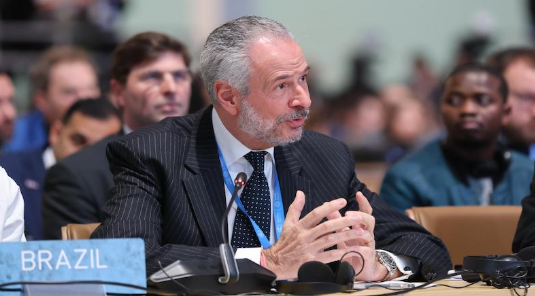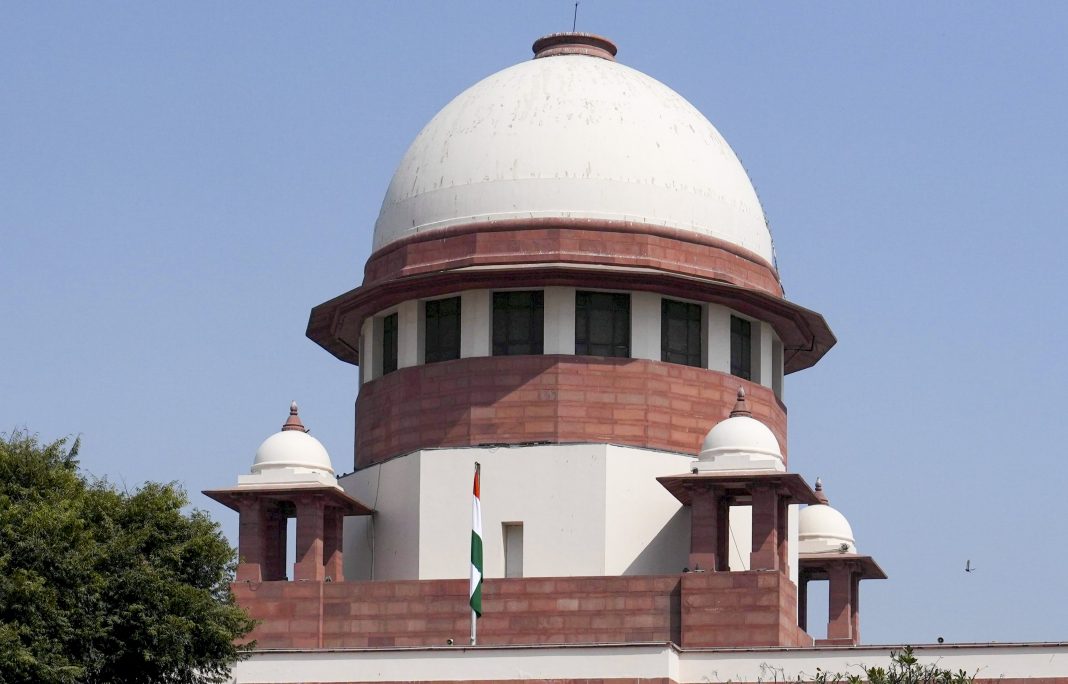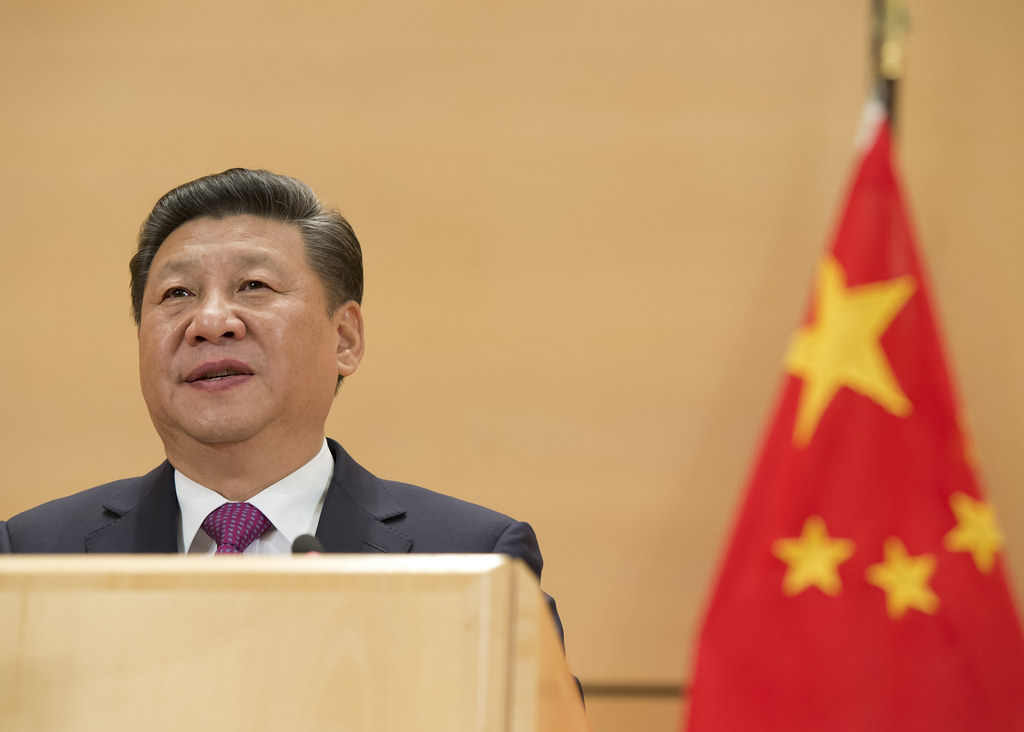New Delhi, Sep 1: The world risks “running out of time” to act on climate change without cooperation, COP30 President Andre Correa do Lago warned on Monday and stressed on the need to bridge the political and financial divide between developed and developing nations.
He also criticised US President Donald Trump’s reluctance to engage in climate negotiations. “We understand that President Trump is not going to listen to me. And the problem is that he does not want to talk about the emissions of specific countries,” Correa do Lago told reporters.
Trump has withdrawn the United States from the Paris Agreement on climate change. This is the second time he has directed the US to exit the agreement. He had done so during his first administration and the US rejoined under the Biden administration.
Correa do Lago acknowledged that climate negotiations have long been marked by a sharp divide between developed and developing nations.
“The problem of the negotiation of climate change since the beginning is divided very much the developed countries and the developing countries, because the developing countries insist very much on the necessity of the rich countries to provide the way for developing countries to have a cleaner development,” he said.
“And on the other side, developed countries only want commitments from the developing countries without giving the means to evolve. So this divide is very strong,” he said.
The COP30 chief stressed that bridging the gap is urgent.
“We have to try to bridge that, because science tells us we have very little time. The world risks running out of time to act on climate change without cooperation between developed and developing countries,” he said.
“So I think that we have to start to think that the main issue is not to be right, but the main issue is really to combat climate change and to have an effective way of making development something that is cleaner and to bring jobs, to bring new jobs, and to improve the quality of life of people.”
Noting that the challenge is immense, Correa do Lago said the scale of climate change makes it impossible to address financial and structural issues in the same way it was thought possible 30 years ago.
“Today, climate change is impacting the entire global economy. Most of our activities will need to be transformed. This is not just about environmental action but it is about investment, innovation, and building a new economy,” he said.
“Ultimately, climate change demands economic solutions. Our countries are rich in talent, entrepreneurs, and capable governments who can imagine and lead this new path of development,” he said.
He also said that COP30 has to be a meeting of the entire world corresponding to the seriousness of the situation.
“This is not just about climate change this time. This will have an impact on jobs, economy. We need to exchange many plans and ideas with the government as well as the civil society,” he said.
COP30, scheduled to take place in Belem, Brazil, in November 2025, will mark the first time the UN climate summit is hosted in the Amazon region.
“The agenda started with pollution. Now we talk about climate change, which is a much bigger and more complex phenomenon. But the first direct impact on people is pollution,” he said, recalling how it spurred movements in Europe and the United States in the 1960s and 1970s.
Citing progress in Brazil and India, he highlighted Sao Paulo’s “amazing” reductions in air pollution through biofuels and noted India is taking similar steps. However, he acknowledged such solutions can be expensive and called for international cooperation to make them affordable.
COP30 CEO Ana Toni echoed Lago’s message, saying that pollution control offers an opportunity to link health and climate goals.
“At COP30, what we’re trying to achieve is really accelerating actions that help both development, the well-being of people and prosperity,” she said.
She pointed in particular to air quality and methane reduction as key areas of focus, noting that cleaner transport in developing countries could simultaneously tackle poverty, protect children’s health, and cut emissions.
“Air pollution and transportation in our cities are not just environmental issues, they are central to development and public health,” Toni added.
Leaders and negotiators from nearly 200 countries are expected to assess progress since the Paris Agreement and push for stronger commitments to cut emissions, finance adaptation, and support developing nations in transitioning to clean energy when they meet in Brazil. (PTI)




